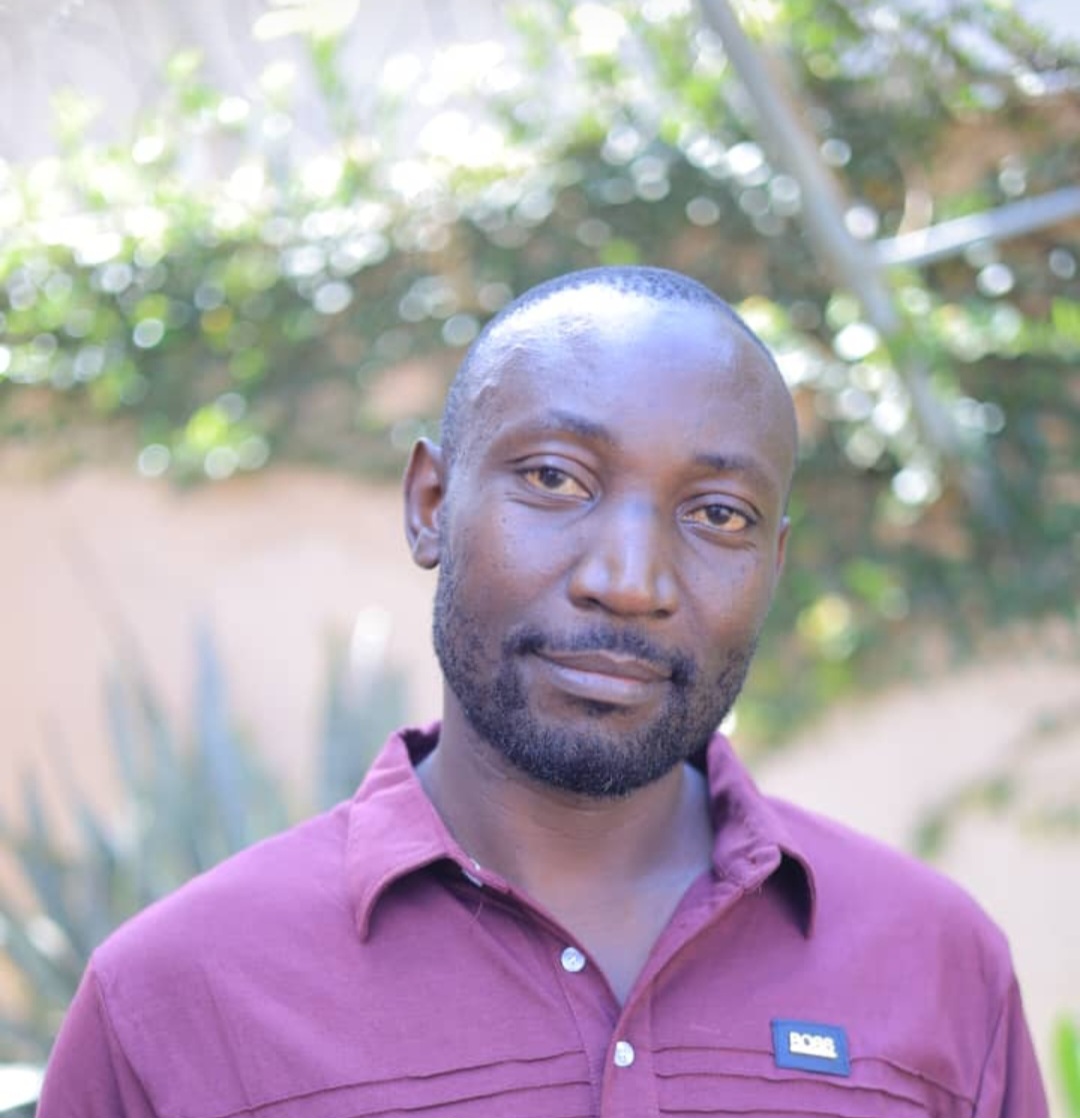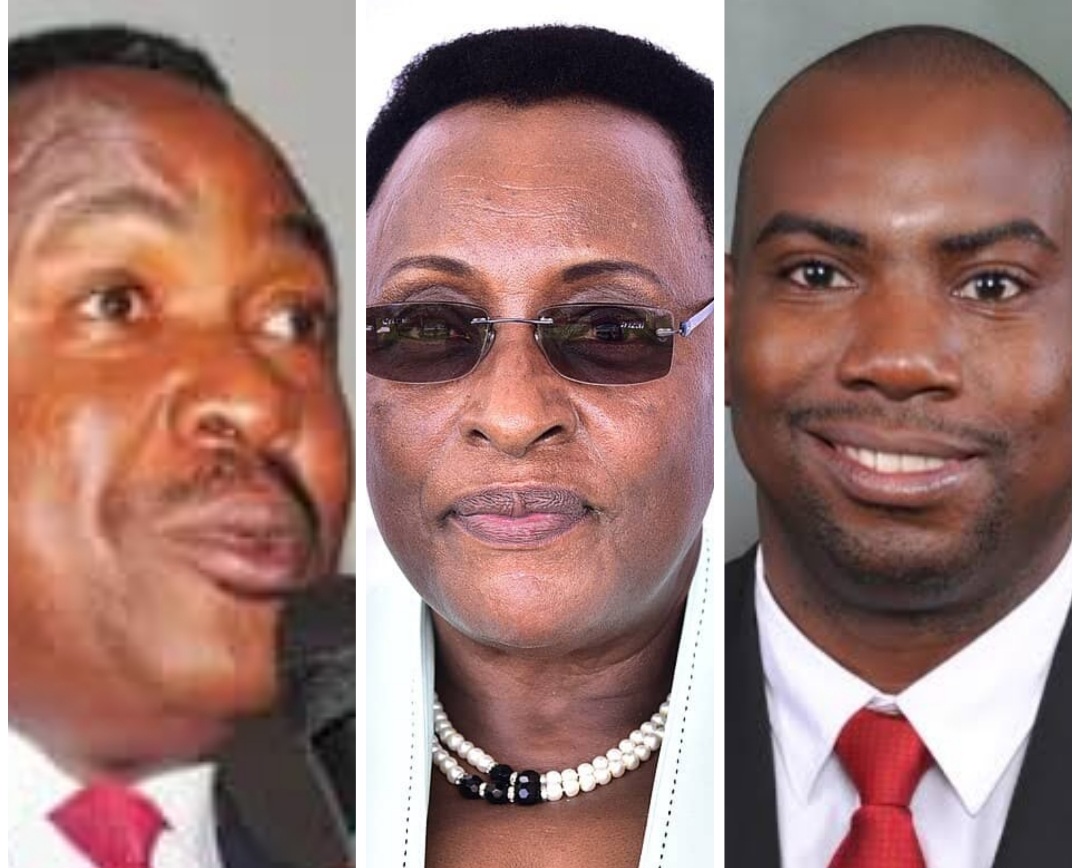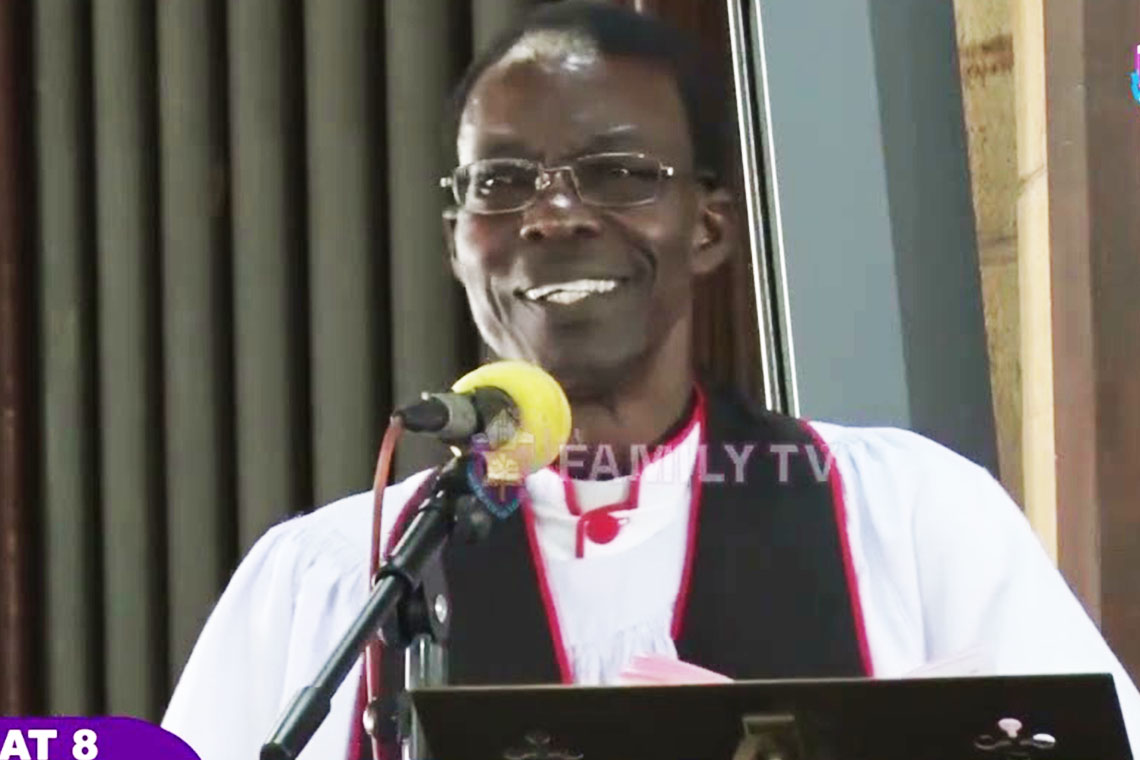You may have heard of the phrase “Achilles’ heel”. This metaphorical expression originates from ancient Greek mythology specifically from the legend of Achilles, a heroic warrior who was invincible in battle except for a vulnerable spot on his heel.
According to myth, when Achilles was born, his mother Thetis wanted to make him invulnerable, so she dipped him in the River Styx by the heel which remained unprotected. The River Styx was a magical river that separated the mortal world from the underworld.
This weak spot ultimately led to his downfall when an arrow struck him in the heel during the Trojan War.
In modern usage, the phrase “Archilles heel” refers to a weakness or vulnerability in an otherwise strong person, organization or system. It is often used to describe a flaw or liability that can be exploited by others leading to potential failure or defeat.
In the context of this article and specifically Uganda’s political climate, the opposition National Unity Platform (NUP) approach to activism, although energetic and media-savvy, may be its own Achilles hell.
By engaging in activities that mimic military drills and parades, the party may be inadvertently playing in the hands of security agencies sympathetic to the ruling government potentially undermining its own chances in the highly billed 2026 general elections.
This approach may not only undermine their political goals but also put their supporters at risk of being harassment and arrest.
This vulnerability is exhibited by the experience of Richard Kizza, a Makerere University Drama and Film alumnus who has been forced to flee the country due to alleged surveillance by security agencies.
Kizza in his early 30s relocated to the UK where he plans to “go mellow” there, escaping the chaotic and violent general elections that marred Uganda’s 2021 polls.

Although apparently safe thousands of miles away, Kizza is particularly worried about fellow youth who support opposition parties, mainly the National Unity Platform (NUP) led by popular musician-cum politician Robert Sentamu Kyagulanyi, better known by his stage name as Bobi Wine.
The NUP, which started as a people power movement pressure group in 2017 has been at the forefront of opposition against the ruling National Resistance Movement (NRM) party.
Richard Kizza says he is now using his skills and talents as a drama and film graduate to mobilize fellow Ugandan youths plus stakeholders to demand social and political change.
The NRM government has repeatedly accused NUP leaders and supporters of engaging in illegal activities including mimicking military drills and parades while dressed in military-like attire as well as holding illegal rallies and meetings.
The government has also accused NUP supporters particularly the so called ‘foot soldiers’ of using social media platforms to hurl insults and abuse the party leaders and supporters including President Yoweri Museveni who is the fountain of honor and the Chief of defense Forces (CDF) Gen Kainerugaba Muhoozi better known as MK.
The term ‘fountain of honour’ originates from the idea that the president is the source of all honors, awards and recognition within Uganda.
The president has the power to confer titles, decorations and other marks of distinction upon the citizens and foreign nationals.
He is referred to as the fountain of honor because he embodies the highest authority and dignity of the state.
As the head of state, the president represents the nation’s values, traditions and history.
The ruling party also accuses NUP supporters of using derogatory statements and distorting documents and videos to circulate fake news and deep fake.
These claims have been vehemently denied by the NUP leadership who maintain that they are simply exercising their constitutional and democratic rights to freedom of assembly and expression.
Instead NUP has leveled serious allegations against the government accusing them of abduction, illegal arrests and detention in illegal facilities without trial as well as harassment and intimidation.
The accusations and counter-accusations have created a tense and volatile atmosphere, with many Ugandans expressing concerns about the potential for violence and unrest in the lead-up to the elections.
The party’s leaders have called on the government to respect the rights of all citizens and to ensure a free and fair electoral process.
As the elections draw near, all eyes will be on Uganda to see how the situation unfolds.
Among the active political parties include the dominant ruling NRM party under its leader Gen (Rtd) Yoweri Kaguta Museveni, Uganda People’s Congress (UPC), Democratic Party (DP), National Unity Platform (NUP), Forum for Democratic Change (FDC), Conservative Party (CP), and other smaller ones.
The leaders of NUP accuse the ruling NRM party of using its security apparatus to intimidate and silence opposition voices.
Not cowed, NUP leaders have vowed to explore all possible and legal democratic avenues aimed at mobilizing Ugandans to embrace the party and vote out NRM in 2026.
Do you have a story in your community or an opinion to share with us: Email us at Submit an Article








